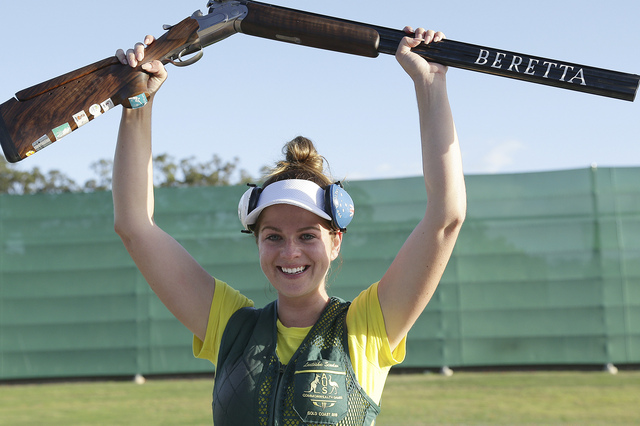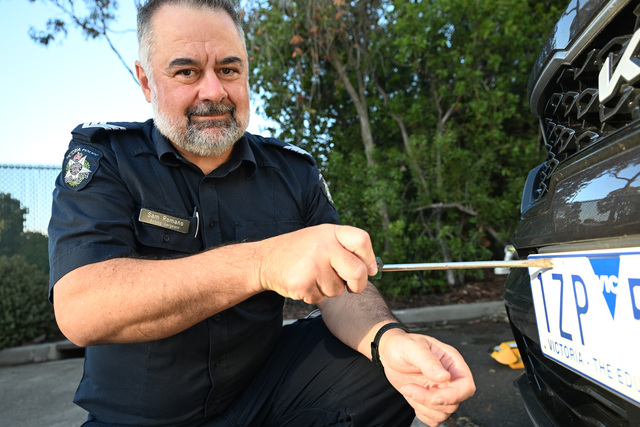I WISH to appreciate the thoughts expressed by Mr Edgar and Mr Rodda, (Qur’an Quotes and Taqiyya Technique, News, 10 October) who have made the effort of quoting some verses from the Holy Qur’an to support their point of view.
I believe that this debate should not be taking place in a local newspaper as this is not the right medium to discuss theology and would also like to say that this debate is not a competition to see who the convincing winner is.
I had intended this conversation to be an expression of a Muslim voice who condemns the atrocities committed in the name of Islam because often it is said that Muslims do not speak up to condemn the terrorist activities.
Having said that, I do wish to make a few general statements.
Whenever we read a book, we must read it in its entirety, not take excerpts out of it, which accurate they may be, but taken out of context or if interpreted in the wrong way can mean the exact opposite of what is being conveyed.
Holy scriptures of any religion should be dealt with in the same delicate manner as there are many symbols, metaphors and parables used in the text.
A ‘piece’ of a verse cannot be taken out of its historical and universal context and application.
Any holy text can be opened and many verses can be found which might be ‘offensive’ but when studied in its context, they reveal a more wholesome picture which is not offensive at all.
In addition, it is a fact that there are 6232 verses in the Holy Qur’an, most of which talk about mercy, compassion, forgiveness, peace, humility, modesty, and values that we as human beings share.
I wish to state that by reading only a handful of verses which “might” depict a negative image can be extremely misleading.
Similarly, by using logic, had the Islamic teachings been so utterly inhumane, it would be quite reasonable to conclude that people would have left Islam a long time ago.
However, that facts point to the contrary; Islam is healthily being practiced by 1.6 billion people, of which only a 0.01 per cent (highlighted by media) are misleading the world by doing the exact opposite of what the Islamic teachings are, and is on the rise, where people are freely accepting the teachings.
Islam a universal religion that is close to human nature.
If you wish to see only the negative aspects (which are obviously misunderstood by misinterpreting the verses), then that is all you will see.
A holy scripture cannot be examined through a lens of prejudice and preconceived bias but can be studied in the true sense only with an open mind.
Ideally, the practices of Muslims should be a reflection of the religion.
But we don’t live in an ideal world.
I would re-iterate that it is very important to separate the religion from the cultural or interpretative practices of its adherents.
I often see people quoting Boko Haram or ISIS as representatives of Islam.
May I assure the masses that these people are far from any true teachings of Islam and no right-minded Muslim will ever look at their example as a true picture of Islam.
In fact, quite the opposite is true.
Muslims condemn the actions of extremists, no matter which religion they belong to.
As a final point, I would like to draw the attention of readers to those Muslims who have made significant contributions to the world.
A plethora of information is available on the internet.
There are many Muslim Nobel laureates, including women.
There are millions of charities through which Muslims channel a positive energy back to humanity.
Why would you focus on the ‘worst case scenario’ when there are so many great role models working for the betterment of humanity.
If you wish to see it that way, the glass can be half full rather than half empty.
Naureen Choudhry,
Narre Warren.
Distorted view
Digital Editions
-

210 arrested in Greater Dandenong drug blitz
Police have made 210 arrests in a three-month-long drug detection operation that encompassed Dandenong, Noble Park and Springvale CBDs. Among those arrested are alleged drug…





